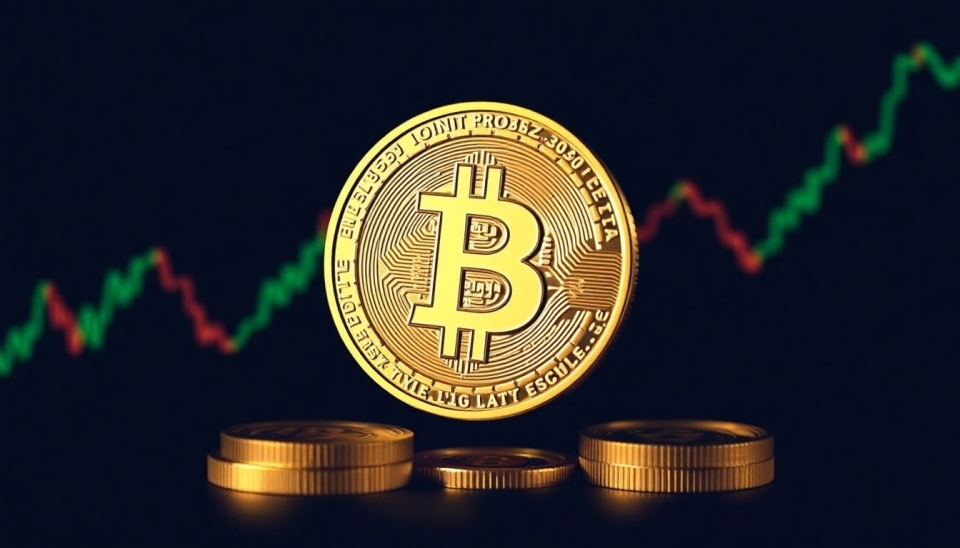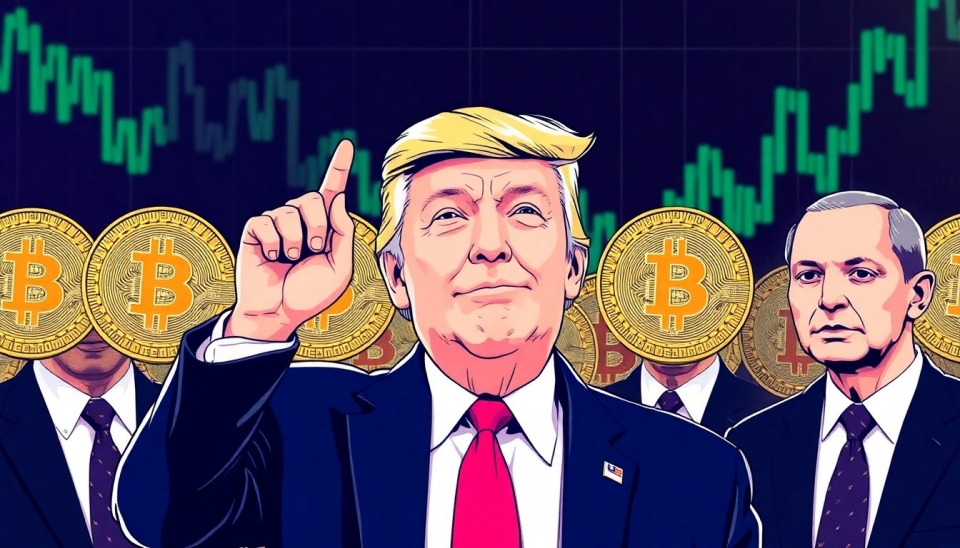
Bitcoin was way down on Monday as investors fled to more traditional havens such as gold and the US dollar from riskier assets. This comes when growing tensions and uncertainties emanating from this latest geopolitical conflict have forced investors into revisiting their positions in digital cryptocurrencies.
The flagship cryptocurrency fell 4.5% to touch a two-month low of $26,400, contrasting quite sharply with a rise in gold of 2.3% and a 1% gain in the US dollar index. Declines in Bitcoin reflect wider market sentiment characterized by risk aversion as a pall of uncertainty hangs over global markets.
Market analysts attribute the nosedive of Bitcoin to a few significant factors. Firstly and foremost among them is the outbreak of hostilities in the Middle East, raising geopolitical risk and changing investor priorities. The spillover of the conflict on world trade, supply chains, and oil prices has triggered a scramble toward stable assets and left speculative investments such as cryptocurrencies high and dry.
Larger macroeconomic conditions have also had their say on the performance of Bitcoin of late. The sustained high inflation rates and the possibility of interest rate hikes by the Federal Reserve later this year become so alluring that traditional safe havens are at the fore. This is especially true as many investors protective of portfolios against potential volatility would prefer to move into assets perceived as stable and secure.
Bitcoin's slide also coincides with the digital currency market still working its way through regulatory crackdowns and disruptions in its banking sector. It seems that the attractiveness of digital currencies as a source of consistent value in times of turmoil is now being called into question as investors grow skeptical over their stability in periods of economic and political turmoil.
Most notably, perhaps, other major cryptocurrencies fell, reflecting bitcoin's influence on broader market sentiment. Ethereum, the second-largest cryptocurrency by market capitalization, dipped 3.8% to $1,650. Smaller altcoins also suffered double-digit losses, underlining how deeply current risk-off sentiment has coursed into the wider crypto ecosystem.
Yet, notwithstanding all these immediate challenges, quite a few analysts and crypto enthusiasts are still optimistic about the future of Bitcoin. Citing the decentralized nature and the finite supply of the cryptocurrency, they argued that it is essentially valuable and that the setbacks are short-lived that do not undermine its intrinsic strengths.
Yet, for the immediate future, things remain fairly unclear. As global markets continue to pull different levers of change on shifting geopolitical dynamics and economic indicators, the road ahead for Bitcoin and the wider virtual currency market will indeed be full of ups and downs. Thus, investors are warned to be very conservative as they closely monitor developments that will shake up investors' moods and valuations.
In all, the recent performance of Bitcoin underlines the complex interaction between geopolitical tensions, macroeconomic factors, and investor behavior. Although the future direction of cryptocurrencies is open to debate, the present scenario certainly depicts challenges they have to face as a part of the global financial system.
#Bitcoin #Cryptocurrency #MarketNews #GeopoliticalConflict #SafeHavenAssets #Gold #USDollar #Investing #Finance #EconomicOutlook
Author: Ethan Hayes




